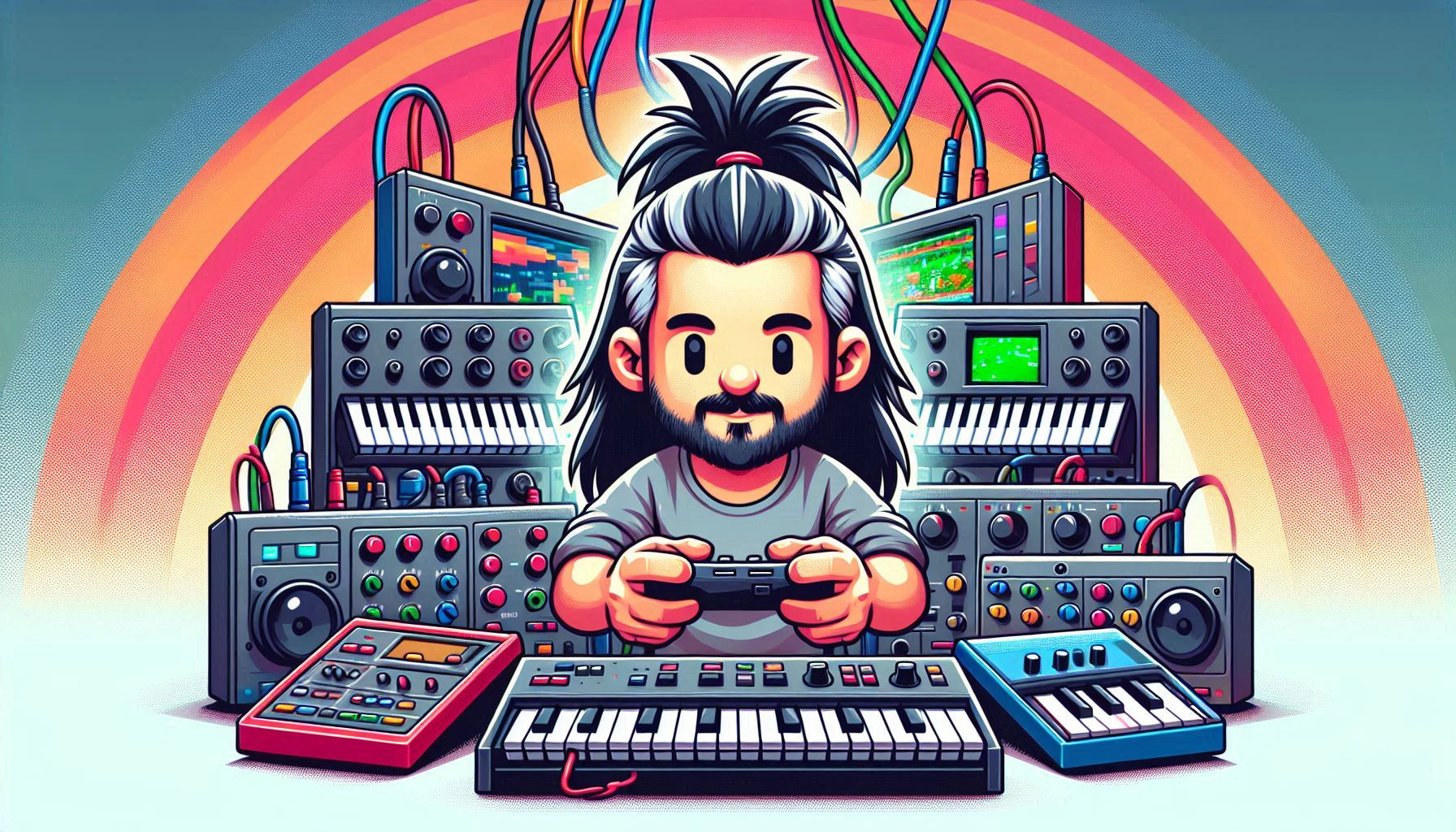A few of us still remembers option 3) Regulation And also 4) Properly working anti-trust laws.
https://www.youtube.com/@elecblush Musician, Gamer, IT specialist
- 0 Posts
- 12 Comments

 2·7 months ago
2·7 months agoIt’s not the guy in the trenchcoat next to you you need to worry about.
It’s the fact that some unknown entity owns/has set up the WiFi.
Anyone working with complex network setup and admin will tell you how much you can abuse owning the network a user is connected to.
The network guys at work never use public WiFi, not hotels or anything. Neither do I, even with my much more limited knowledge of network administration.
Well they do… But only barely and less so in the US lately.
There are still cases of small artists getting compensation for big business using their images or music without consent. But sadly it is far from the norm.
I agree with your core sentiment. Copyright is not working how it was intended and it is being abused by corporations.
It might be because I’m not American, or because I am a musician and songwriter myself. but I still see a point to having some laws protecting the rights of the creative mind behind something.
Removing copyright completely will only make it even more easy for the guys with the money and resources to exploit the small independent creators.
But (American) copyright is severely broken. This is true.
A starting point would be that the right is only tied to the specific creative(s) actually involved in the creation of something.
The thing is its only the copyrights of individual artists and creators that will die to this.
The big corpos will find a way to protect their value, just you wait.
They will steal from every single creative in the world and then sue them to hell and back if they use anything they them selves “own”
This is not a threat to the copyrights that you want to die.

 3·10 months ago
3·10 months agoDidn’t know where in the tread to reply.
This is being worked on from multiple angles.
In the us apple, Google, Microsoft ++ are working on a common framework for this. (Shocking who are working on this in the us)
The EU has a citizens digital wallet program for the same purpose. These programs are also collaborating so that certificates and proof of personhood/citizenship etc can be exchanged between various actors.
The EU model leans heavily into privacy and user control of data, where you as an individual decides with whom to share your credentials, proof of personhood, etc.
This would lead to many possibilities, like for instance being able to confirm digitally prescriptions for medicine across borders, so you can easily get your medication even if you are traveling in another country, without having to spend time and energy getting signed paperwork send back and forth.
The most simple form of this would be that the system simply verifies that yes, you are indeed a human individual. But can be expanded to confirm citizenship, allow you to share your medical data with institutions, confirm diplomas and professional certification etc.

 1·10 months ago
1·10 months agoI have a 2018 Passat car net works just fine.
I had to contact the dealer to have them activate the eSIM in the car and register an account their site via the app. (Pretty standard stuff)
And yes it’s a subscription like this for locating the car, updating navdata online and remote heating + charging info. (It’s a hybrid)
Well… I say “just fine” their app is slow and unstable. But everything worked nicely with an unofficial home assistant integration. And when VW moved everything over to their new app, it continued to work on my old car, and it took the HA community about a week to sort most of the new API out.
It’s not perfect, but it does technically work, even on their older models. I can still download and install updated maps on it too for the onboard nav. (Though i usually just use Android auto…)
Even if you decided not to find out how to get it working, doesn’t mean it’s abandoned.
All that being said this is one of many genuine reasons to be concerned about this trend. And a good reason for people that write about and review cars to care about the software in the cars, the support you can expect, and the companys track record when it comes to supporting older models.
And like others have stated. The BMW example with the heated seats is just… rotten.

 3·1 year ago
3·1 year ago“why not both?”
Indeed.

 11·1 year ago
11·1 year agoBreach of trademark, not copyright, whole different barrel of fish.
The thing is… I think a lot of people don’t know that they have uefi support…
I have had the same windows install and motherboard (AMD is so great with long term socket support) for years, and figuring out how to change my bios and os setting so that I got a propper uefi boot was non-trivial.
Uefi has been a thing for a long time, but it’s not been the default for motherboards afaik. So you have had to go into bios and find the right settings.
Quote me after dealing with print drivers acting up and spooler service crashes for the nth time that day (also worked in it support for several years):
“We can land men on the moon, but somehow getting a printer, a technology that has existed litteraly since before computers had screens, to work is still complete and utter black magic…!”

 18·1 year ago
18·1 year agoLet’s hope Apple puts their “privacy first” money where their mouth is.
Sadly I do however think the ability to further lock down and control what uses can see and access might be just as tempting for them…



Virtual environments are really not viable for music production. Latency and other inconsistensies makes it a no-go.
High level Music production requires very low audio and input latency in addition to consistent and 100% accurate sound reproduction.
A virtual environment is a wildcard here that I at least would not bother trying to make work. (Not saying it can’t be done, just saying it would potentially be a big headache and extremely conditioned on spesific hardware, drivers and configuration settings.)